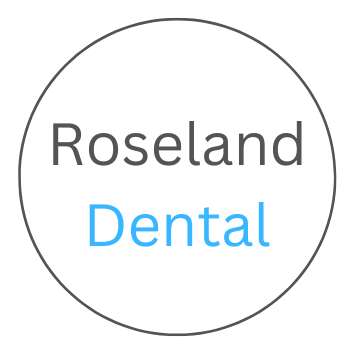Everyone wakes up in the morning with a little bad breath (the medical term for which is halitosis) for which is perfectly natural, but after brushing, your breath should be fine. If it isn’t or if you notice bad breath coming back later in the day, then there may be something causing it.
While bad breath isn’t a dental emergency it is unpleasant for you and the people around you. Here are the most common causes for bad breath.
Certain foods
One of the biggest offenders to bad breath is the food you eat daily. If your food has strong smelling ingredients like garlic and onions, then it can impact the way your breath smells afterwards. The problem doesn’t just go away after a few minutes, garlic and onion breath can last for several hours.
Other food and drinks like tea and coffee can also lead to bad breath. The good news is you can chew gum, eat some sugar free breath mints, brush your teeth, or eat some sweet fruits to help get rid of bad breath from foods.
Poor oral hygiene
If teeth are not brushed and flossed regularly, particles of food will tend to remain lodged between them. As these particles begin to decay, they release molecular compounds that lead to bad breath. In addition, bacterial deposits that build up on the tongue, function as bacteria-rich harbours; this is another common source of unpleasant-smelling breath. If good oral hygiene is put into practice – including brushing, scraping the tongue and interdental cleaning – these instances of halitosis will be reduced.
Dental Problems
If you have dental cavities and gum disease, then they could be causing your bad breath. Don’t forget that any dental appliances that don’t fit correctly can also lead to bad breath.
This is when you need to contact a dental professional for your bad breath. These are all serious conditions that only get worse over time. Remember we’re here to help get everything back to normal.
Dry Mouth
Can be caused by certain medications, health conditions, or excessive alcohol, tobacco, or caffeine consumption. Saliva is very important to your mouth, a lack of saliva means more food particles will decay in the mouth and the likelihood of other dental issues is increased, thereby increasing the risk for bad breath.
You can stimulate saliva glands through chewing gum or sucking on a sweet, (sugar free, of course.) You could also stop the behaviour that’s causing the problem such as drinking excessive amounts of alcohol and smoking.
Preventing bad breath
The majority of halitosis cases are easy to prevent. Applying healthy dental habits, avoiding odour-causing foods, regularly visiting your hygienist for a professional clean and your dentist for regular examinations will all help keep your breath fresh.
However, if bad breath persists despite these preventative measures, then feel free to contact us at Roseland Dental where we can book you in one of our dental health professionals.

